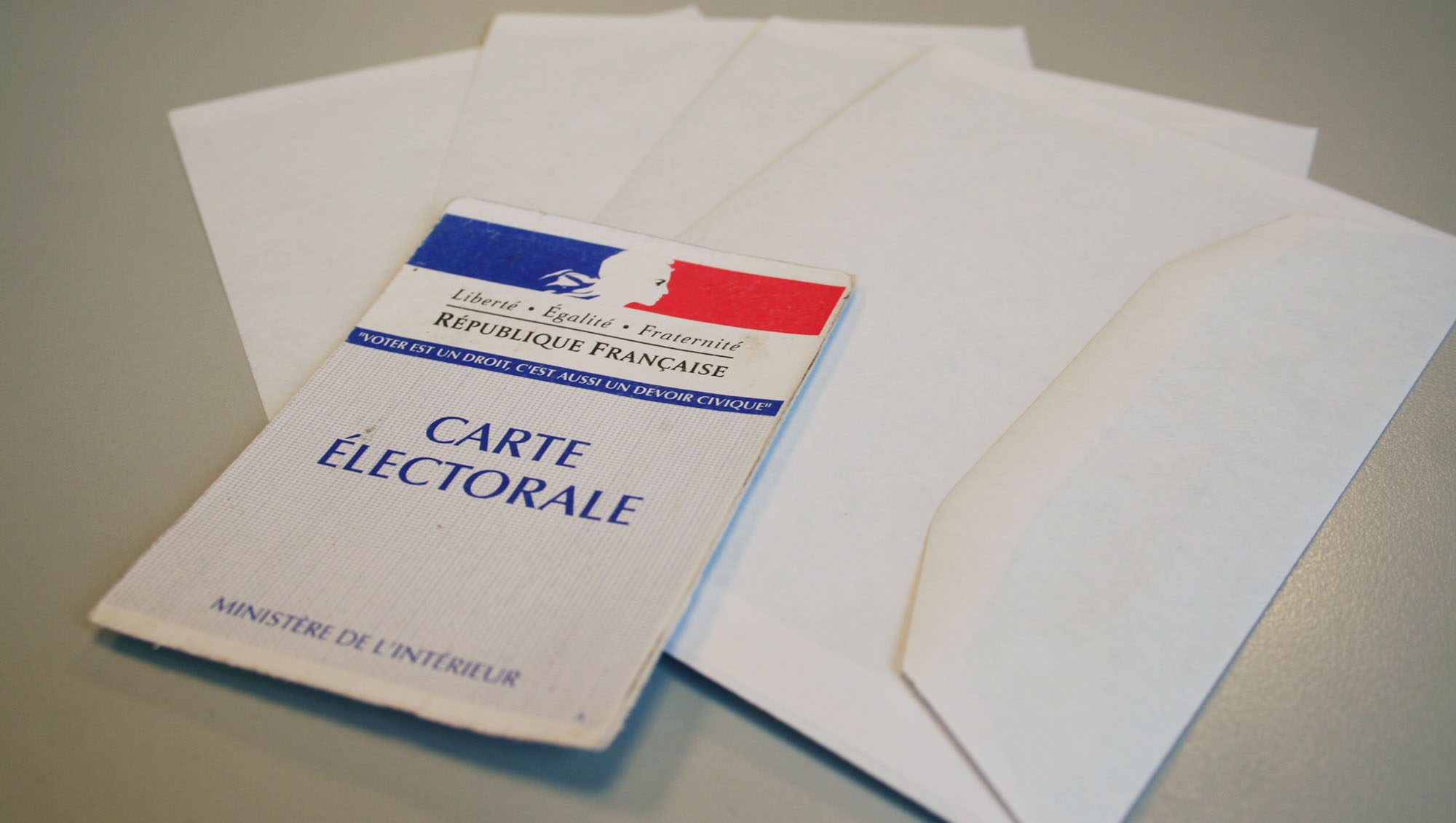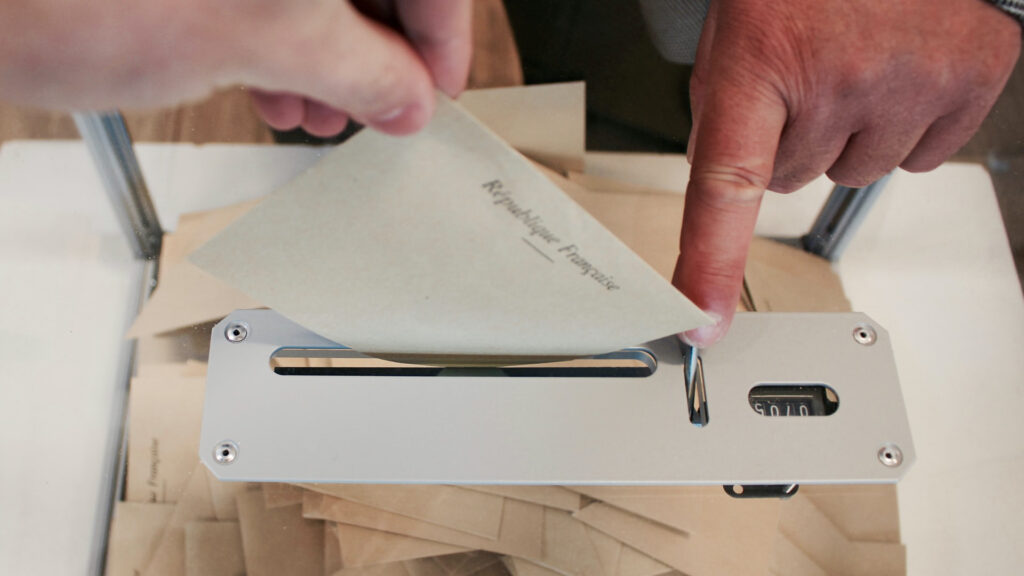
Voting by Internet would it make it possible to inflate the figures of the participation after a 1st round of the regional and departmental elections marked by a record abstention? Nothing is less certain, and the risks that accompany this idea are significant.
The first round of regional and departmental elections which took place this Sunday, June 20 was marked by a record abstention rate. 66% of the French electorate did not come to slip a ballot in the ballot box, a jump of 16 points compared to the regional elections of 2015.
Internet voting, cascading problems
Faced with this massive desertion of polling stations, several political and media leaders pleaded for the establishment of internet voting. On France Inter this June 21, 2021 Stanislas Guérini spoke in favor of this idea. ” I would like us to be able to set up internet voting in the next five-year term », Explained the general delegate of the presidential party. The day before on France 2 it was Nicolas Beytout, editor of the newspaper L’Opinion who said more or less the same thing.
Is voting on smartphones or computers really a viable solution to this phenomenon of abstention? If we believe an Odoxa poll released last year at the time of the municipal elections, that could help. 56% of those questioned would have liked to be able to vote from a smartphone or computer. The rate even rises to 67% among 18-24 year olds.
If this debate over online voting resurfaces as soon as the turnout figures are unsatisfactory, but nothing is ever done afterwards, there are reasons, however.
First – and it cannot be repeated enough – no computer system is 100% reliable. There is always a risk that your machine will be infected or that malicious hackers will do electronic ballot box stuffing. The juicier the target, the more pirates will unleash themselves. And elections are very juicy targets, as the US presidential elections have taught us. Giving the keys to our democratic system to machines is taking enormous risks. The same Odoxa poll showed it well with 74% of those polled at least ” a little worried By hacking online votes.
The secrecy of the vote is not guaranteed
The paper ballot, despite its obsolete nature, remains one of the safest methods of voting. There is little chance that a hacker will impersonate you, get your ID, and go to such lengths to change a single vote. With internet voting, a security breach could endanger thousands or millions of ballots.
More important and more serious still, Internet voting does not ensure the secrecy of the vote. In a voting booth, no one is there to influence you. Behind your screen, it is impossible to ensure that a voter is not under pressure from a spouse, family member or loved one. Even the best security protocols in the world won’t prevent someone from looking over your shoulder when you slip a digital ballot into the ballot box.

The problem of the secrecy of the vote had also been addressed by Gérald Darmanin, Minister of the Interior, who estimated in a forum dating from November 2020 that ” only the voting booth, an essential conquest of republican democracy, made it possible to guarantee that voters are free and equal citizens in law, free to hold their secret ballot “.
The temptation of technological solutionism
Elections by Internet are therefore a risky game which ensures neither the verifiability of the ballot nor the secrecy of the vote. Dealing with the problem of abstention with a lot of algorithms is, moreover, falling into technological solutionism when the problem is in reality political. To think that many people did not come because the polling station was too far away, or that voting is too restrictive, is to have a poor image of its population. Moreover, internet voting is already used in the country, as part of the elections for advisers to French people living abroad, and we cannot say that it is a great success. On May 29 and 30, not even 13% of the population concerned mobilized to vote via the internet.
Mass abstention goes beyond simple considerations of comfort, it also marks a rupture between the political class of a country and its population. To be convinced, just take a look at a survey of the FIFG of June 20, 2021 which lists among the first reasons for abstaining the fact that ” these elections will not change your personal situation ” or ” that no list defends or represents your ideas “. In the third reason comes the will to ” express your dissatisfaction with political parties “. Internet voting cannot do much about that.



